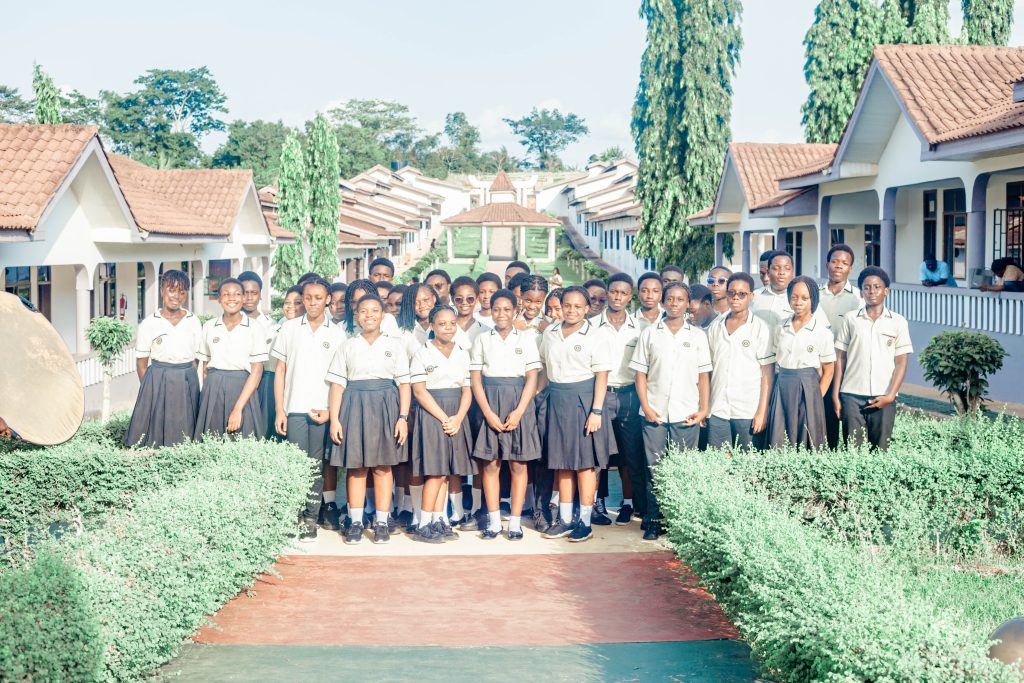Key Points at a Glance
The IB Theory of Knowledge (TOK) course develops students into reflective, analytical, and open-minded thinkers.
TOK challenges learners to question how they know what they know and apply critical thinking across subjects.
Core TOK components like the exhibition and essay build transferable skills such as argumentation, perspective-taking, and evaluation.
We are in the information age and the ability to think critically, ask good questions, and evaluate evidence is more important than ever. The International Baccalaureate (IB) Theory of Knowledge (TOK) course is designed to cultivate precisely those abilities — helping students not just learn content but understand how knowledge itself is constructed, challenged, and used.
This article explores how the TOK course, a core requirement of the IB Diploma Programme, shapes students into thoughtful, discerning individuals who are well-equipped to navigate both academic and real-world complexities.
What Is Theory of Knowledge (TOK)?
TOK is a unique, interdisciplinary course at the heart of the IB Diploma Programme. Rather than teaching specific subject knowledge, TOK invites students to explore how knowledge is created, evaluated, and applied across different disciplines.
Students investigate big questions such as:
- What counts as evidence in different subjects?
- To what extent is our perception of reality shaped by language?
- How do culture and context influence what we know?
Through classroom discussions, projects, essays, and exhibitions, TOK encourages learners to become critical thinkers, not passive recipients of information.
How TOK Builds Critical Thinking Skills
1. Exploring Ways of Knowing (WOKs)
TOK helps students examine the tools through which knowledge is acquired. These include:
- Perception
- Language
- Emotion
- Reason
- Imagination
- Faith
- Intuition
- Memory
By analyzing the strengths and limitations of each way of knowing, students better understand how truth is negotiated and knowledge is validated. This process sharpens their ability to evaluate arguments, question assumptions, and view ideas from multiple perspectives.
2. Analyzing Areas of Knowledge (AOKs)
Students also investigate specific domains of knowledge, such as:
- Mathematics
- Natural Sciences
- Human Sciences
- History
- The Arts
- Ethics
- Religious Knowledge Systems
- Indigenous Knowledge Systems
For each area, students explore how knowledge is built, what standards of proof are applied, and what roles culture, bias, and methodology play in shaping understanding.
At Morgan International Community School, teachers guide students to draw connections across these domains, enhancing their ability to compare and contrast knowledge systems and think in integrative ways.

3. The TOK Exhibition – Real-World Application
One of the most engaging components of TOK is the TOK Exhibition, introduced in the updated syllabus. Students select three real-world objects and use them to explore one of 35 knowledge questions such as:
What counts as good evidence for a claim?
What challenges are raised by the dissemination of knowledge?
This exhibition demonstrates that TOK is not only theoretical — it encourages students to link abstract concepts to tangible realities and critically examine the knowledge that shapes their lives.
4. The TOK Essay – Deep Argumentation
In addition to the exhibition, students write a 1,600-word TOK essay based on prescribed titles released annually by the IB. These prompts are open-ended and philosophical in nature, often involving multiple AOKs and WOKs.
Through drafting and revision, students learn to:
- Develop balanced arguments
- Use examples thoughtfully
- Anticipate counterclaims
- Reach justified conclusions
This process refines their ability to reason logically, argue respectfully, and write with clarity — skills that are invaluable for university and beyond.
Why TOK Matters in the Real World
Critical thinking is not just an academic skill. It’s essential for:
Media literacy – analyzing sources and detecting misinformation
Civic engagement – making informed decisions and evaluating policies
Career readiness – solving problems, communicating effectively, and working across cultures
Lifelong learning – questioning, reflecting, and adapting in a fast-changing world
TOK fosters a mindset of inquiry and reflection, encouraging students to remain curious and humble in their pursuit of knowledge.
At MICS, the emphasis on TOK principles is woven throughout the curriculum, encouraging students to challenge assumptions, celebrate diversity of thought, and make learning a personal and global journey.
How MICS Promotes TOK Values
As an IB World School, Morgan International Community School (MICS) integrates TOK beyond the classroom by:
Encouraging interdisciplinary learning across subjects
Hosting student-led debates, seminars, and reflective projects
Supporting students in connecting TOK to local and global issues
Creating a learning environment that values questions as much as answers
This holistic approach ensures that learners at MICS are not only academically capable but intellectually courageous and ethically grounded — exactly what the IB envisions for the global citizens of tomorrow.
Final Thoughts
The Theory of Knowledge course is more than just an academic requirement — it’s a transformative experience that shapes the way students think about knowledge, truth, and the world around them. By engaging with TOK, students learn to navigate complexity, appreciate nuance, and build arguments grounded in logic and empathy.
In a time when critical thinking is in high demand, the IB TOK course equips students with the skills and mindset needed to lead, question, and create in meaningful ways.
